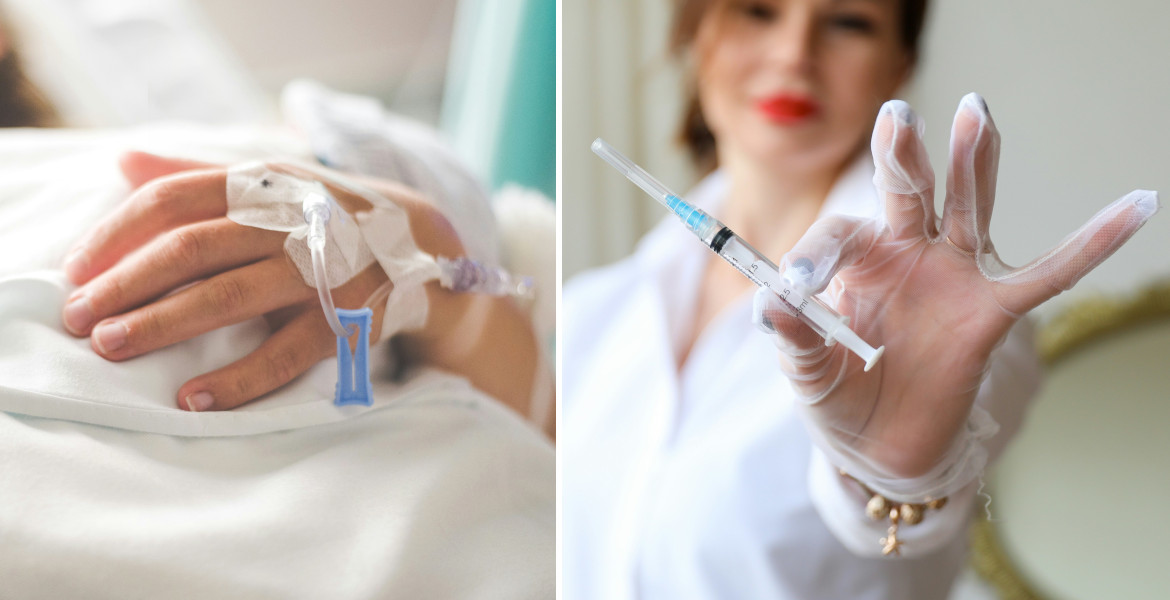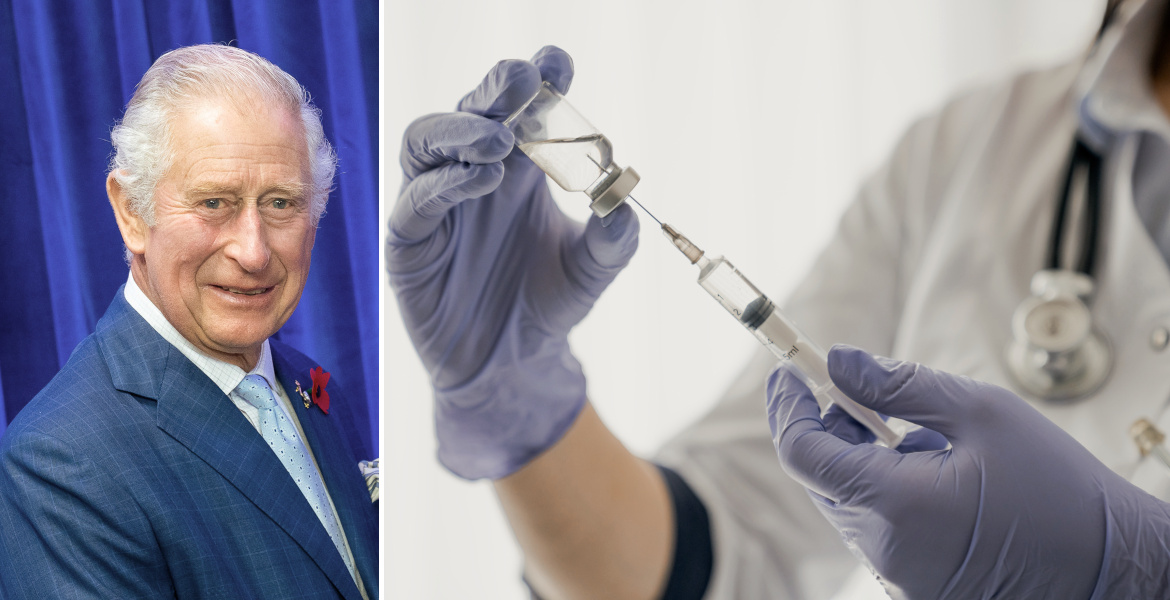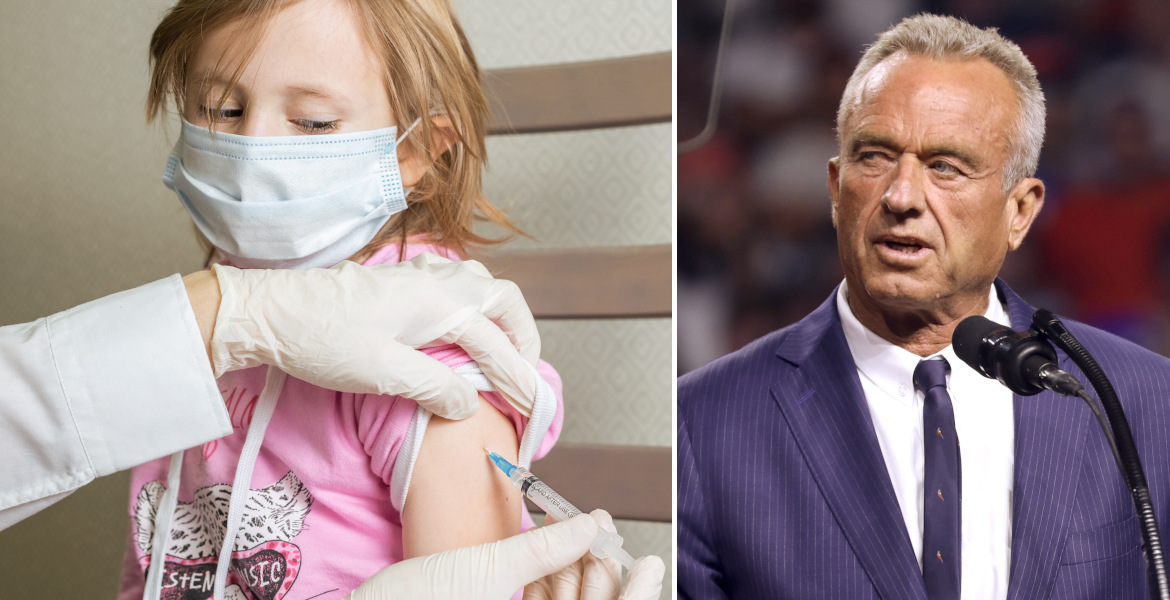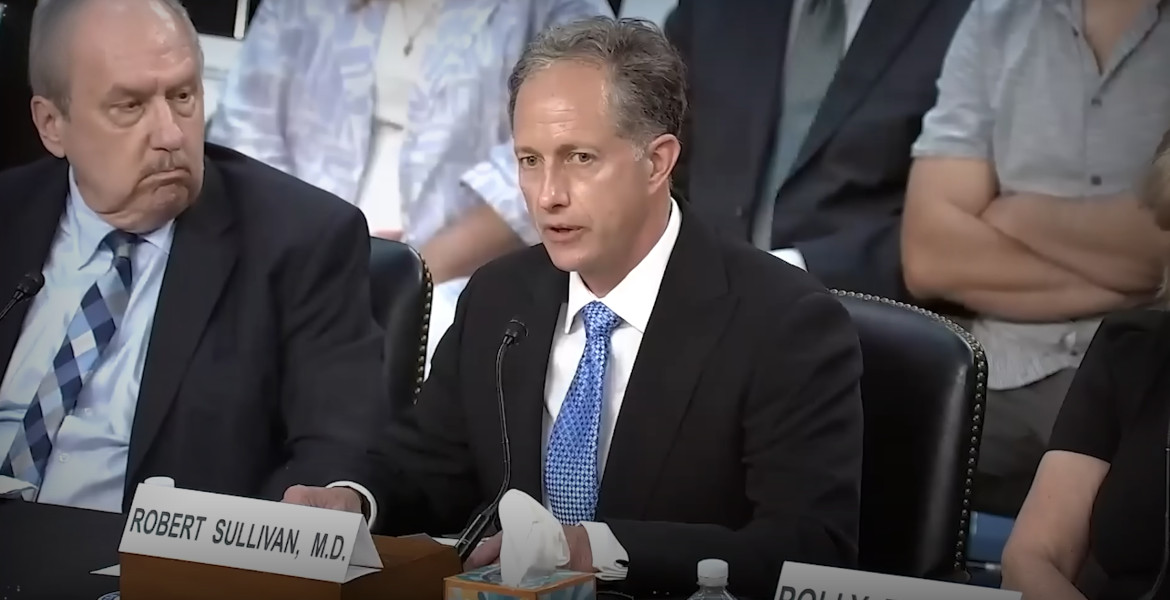A comprehensive South Korean study shows a correlation between covid vaccines and increased cancer incidence, particularly prostate cancer and lung cancer.
However, the researchers are cautious in their conclusions and careful to point out that the statistical correlations do not constitute proof of any causal relationship.
In the study, which has been published in Biomarker Research, researchers examined data from 8,407,849 people between 2021 and 2023, drawn from the Korean National Health Insurance Database. The participants were divided into two groups depending on whether they had received covid vaccines or not. The aim was to examine both the actual occurrence (incidence) of cancer and subsequent cancer risks one year after vaccination.
The results show that there were indications of increased risks for various cancer types one year after receiving any form of covid vaccine, compared to those who had not received it. The overall risk of cancer diagnosis increased by 27 percent compared to those who had not received covid vaccines.
Regarding specific cancer forms, the most pronounced risk increases were seen for prostate cancer, which increased by 69 percent, followed by lung cancer which increased by 53 percent. Furthermore, the risk of thyroid cancer increased by 35 percent and stomach cancer by 34 percent. Colorectal cancer showed a risk increase of 28 percent, while breast cancer increased by 20 percent.
These risk increases applied to diagnoses made within one year after vaccination, regardless of whether mRNA or non-mRNA vaccines were used. However, it is unclear which covid vaccines were included in the study.
Statistical correlations
The researchers emphasize, however, that the study's results do not provide evidence that covid vaccines cause cancer, but rather that these are "statistical correlations".
One possible explanation could be, for example, that covid-vaccinated individuals have likely undergone more medical check-ups and screenings, which increases the chance of detecting cancer early compared to those who have not received covid vaccines. However, one cannot say with certainty what causes this, only that there is a difference depending on covid vaccination status.




